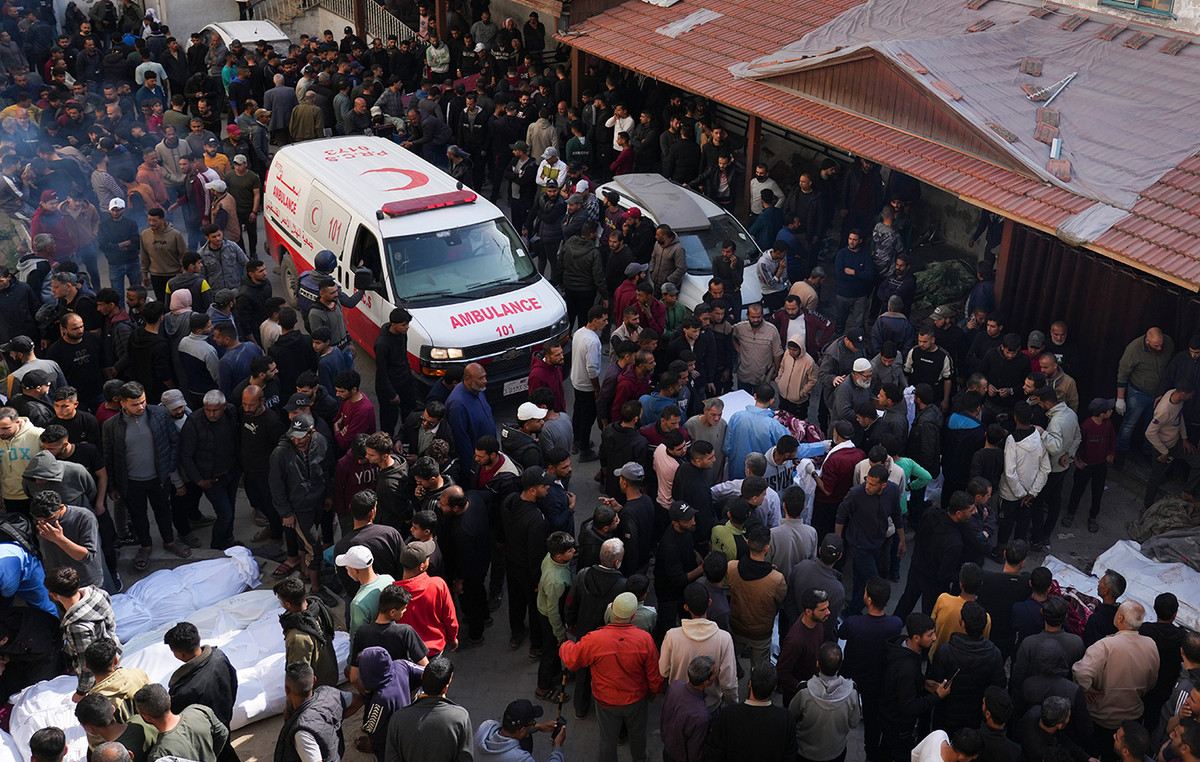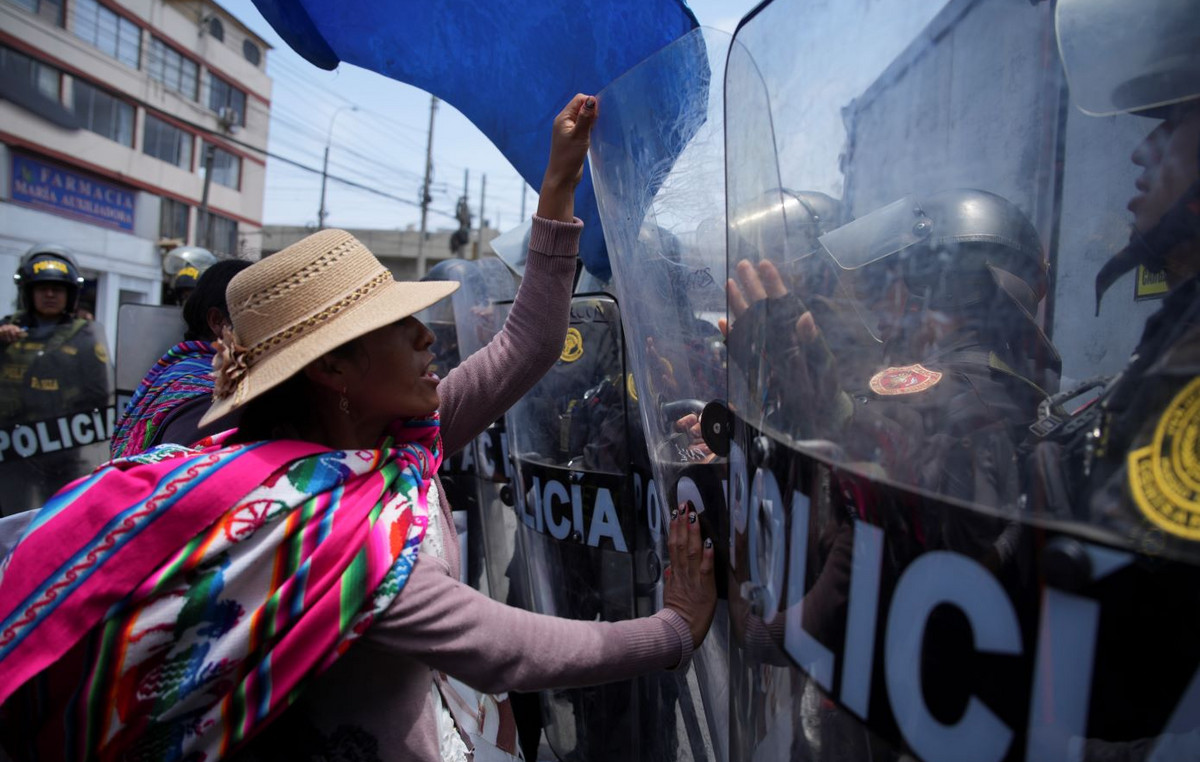Lorenzo Biagiarelli’s – chef, television personality, influencer and now also writer – is not a fight against meat consumption. And it is not because for too long food choices linked to animal proteins have been discussed on a battlefield with opposing factions. With the result that, as in any war, no one really emerges victorious, and everything that makes sense is defeated.
In the case of meat consumption, it is ethics that are defeated, submerged by the interests of the intensive farming lobbies. And the pity, lost behind the inhumane treatment reserved for slaughter animals. It’s health, bent on a diet that the World Health Organization openly recognizes as carcinogenic.
I ate too much meat (Cairo publisher, in bookstores from November 21st) tells all this, and does so with an alternation of personal experience and journalistic work made up of numbers, interviews, data collected in a journey towards awareness.
Lorenzo, how did this book come about?
«The basic idea was to record a log of my journey in the flesh. I started writing it after returning from my last trip to China: in ten days I had only eaten four pork dumplings, while the previous time had been totally different. That trip somewhat marked my change in eating habits. But in the end, in this book, it is not so much my journey that is central but what I saw, discovered, felt and realized on what until a few months ago was the fulcrum of my food pyramid.”
Did you enlist the help of some experts for this?
“Exact. I believe it is right to let those who know these topics better than me and many others speak. I looked for “valuable” interlocutors because I wasn’t interested in finding someone who would give me confirmation of what I thought: I was looking for factual data, without prejudice. For example, the nutritionist I consulted is not vegan.”
What stage are you at in your choice of diet?
«It’s long to explain: I no longer eat meat, I no longer cook fish, dairy products and eggs, but occasionally if I happen to be around and I have no other alternatives I eat them. The truth is that I have chosen not to talk about this thing, because there is a part of anti-speciesism that addresses the topic in a non-food way, indeed sometimes it finds it detrimental to associate veganism with the communication of these topics. Those who propose the philosophy of political anti-speciesism, which I find very valid, are looking for the origin of the problem.”
And what is the source of the problem?
«We find that there is systemic propaganda behind the consumption of meat in these days when we talk about cultured meat. The theme is that if we exclude all those who are not vegans from the fight against the system we lose: I believe that individual choices are important, but for the community activism matters more.”
Is vegan choice a compatible choice with the work of a chef, or even just a food connoisseur?
«In my case it’s not necessary, I don’t have an editorial line, I follow my wind. We are certainly not the tipping point that will destroy intensive farming, but we can guide the opinion of the restaurant industry. For example, asking a chef who aims for the star and who makes the usual fillet with blanched and sautéed vegetables if he is really creating innovative cuisine. I believe that there is a great responsibility in journalism, in food criticism and in professionals: we can accompany the change; encourage and support different choices. Just look at an example like Niko Romito, a chef who with a strongly vegetal cuisine has achieved three stars in Abruzzo, in Castel di Sangro”.
Do you also find physical benefits after giving up meat?
«Yes, but I don’t want to talk about it, because I don’t like that type of story. I don’t want it to be a personal testimony, because it would only apply to me. In this book I don’t want to provide an example, I tell things about myself but always based on the facts: I don’t want my personal experience to be a paradigm. On the other hand, just ask a doctor how you feel if you give up meat, there’s no need for me to tell you: you’re getting closer to a dietary model that science says is better.”
But why is the theme so conflicting? On the one hand the vegans, on the other the carnivores…
«It’s a shame, because in reality the two parts are not equivalent. I’m not saying it, science says it. When the UN says that a vegan diet, if followed by the whole world, would bring about a reduction of 8 Giga tonnes of CO2 equivalent per year, it means that eating it or not eating it is not the same thing, and we cannot discuss the two choices as if they were the same.”
But then why this polarization into two factions?
«For two reasons: on the one hand tradition, national identity (not just ours, but that of almost all the countries in the world), which passes through what we eat, which at least for the entire Western world is meat. On the other hand there is the responsibility of those who are on the other side of the barricade, who I can also understand that you cannot tolerate seeing someone eating pork, but then I know that transforming that thought into a judging action is the most possible deleterious to the cause. Anti-speciesism is not a monolith that everyone faces in the same way.”
What does politics do in all this?
«Politics makes politics. He looks after the special interests of the richest companies, as he always does. When I understood what Coldiretti is and how it has governed our food policy for years, and not just recently, I felt a little less inclined to go and vote. It is an issue that concerns everyone: there is no political force in Italy or Europe that has ever faced a fight for animal rights, because livestock farming has an economic weight that often not even oil companies have.”
In a chapter of his book he explains why it is difficult to give up meat: but how difficult is it?
“Very. Or little, depending on your point of view. I did it even though it was my favorite thing, I always said that as a condemned man my last desired meal would be a ham. I simply made a choice, and in the end there is the advantage that today there are more and more alternatives to meat. It depends on how much one is in control of his impulses: I wasn’t able to give up cigarettes, but I had better luck with food. To tell the truth, I thought it would be harder, but instead I also saw it as a professional challenge, and today I really believe I have also become a better chef.”
Source: Vanity Fair
I’m Susan Karen, a professional writer and editor at World Stock Market. I specialize in Entertainment news, writing stories that keep readers informed on all the latest developments in the industry. With over five years of experience in creating engaging content and copywriting for various media outlets, I have grown to become an invaluable asset to any team.






